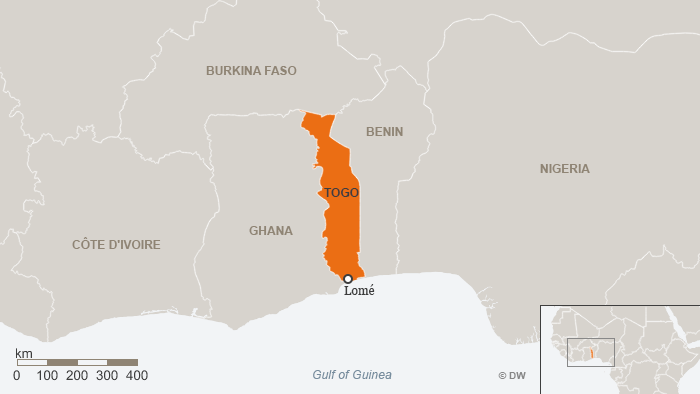When Emmanuel Kona sits with his friends, they often discuss why they aren’t allowed to marry women from their clan. “They are beautiful and very good at everything,” Emmanuel says. “Yet they will go and marry someone else from another clan. That’s when you start to feel pain about the practice.”
Many young members of the Bimoba people, who are spread mostly across northern Ghana and some parts of Togo, share Emmanuel’s pain caused by a centuries-old rule. According to oral tradition, all clans within the Bimoba ethnic group are descended from two brothers. So, in order to avoid incest, intermarriage between these clans and within clans was strictly forbidden.
Pushing for freedom
But as each clan has become bigger, covering a wider area, young people have started arguing that they should be free to choose whom they want to marry, even within their own clan.
Some clans within the Bimoba ethnic group, such as the Boog, Kundaug and Nadaug clans, already allow this. This encourages other young people, especially from the Louk clan, the second-biggest in the group, to push for this freedom.

As there are so many clans and subclans, it can be difficult to avoid marrying someone from your clan. “I met this man some time ago; I didn’t ask him which clan he is coming from,” Christiana Subinleb recalls. “Later into the relationship I discovered we were coming from the same clan. I felt numbed and the relationship ended there.”
Stigma and genetic problems
The rule only affects marriage. People are allowed to flirt and have sex with fellow clan members. But for children born to these unions, things can be difficult.
Dominic Dery, lecturer in African Studies at Tamale Technical University, explains: “Such a child would be called ‘a child born in the house,’ which is a derogatory name meaning the child is born out of wedlock.”
The debate on intermarriage is not limited to the Bimoba society. “I think it is a phenomenon that cuts across northern Ghana,” Dery adds. “I come from the Upper West, I know we are also facing challenges.”
If clan members are too closely related, genetic problems can become an issue. “Even as the clans have gotten bigger and more dispersed, it is the same genes that are replicated,” says Emmanuel Holortu, a social psychologist in Tamale. “The chances are that ailments will be replicated. So at the end of it, that family will be overburdened with sickness.”
Clash of generations
In the past, before people could get married, clan elders would investigate both families to determine their closeness as well as find out if there were any traces of incurable diseases such as leprosy, sickle cell disease or epilepsy in either family.
For 91-year-old Kansuk Fanam, tradition is important. He can’t understand why young people are calling for freedom to marry within their own clans. “The Louk clan are descendants of the same grandparents, so why should they marry each other? If you do that there is no respect,” he says.
But most young people nowadays prefer to follow their emotions rather than the norms set by their grandparents.
Source: DW/ Maxwell Suuk



